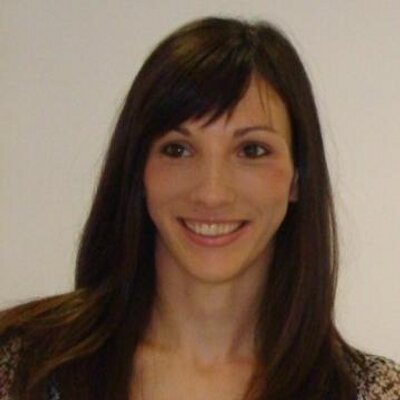 On Wednesday, 21st of March Anastasia Dimou from the Internet Technology & Data Science Lab visited SDA and gave a talk entitled “High Quality Linked Data Generation from Heterogeneous data”
On Wednesday, 21st of March Anastasia Dimou from the Internet Technology & Data Science Lab visited SDA and gave a talk entitled “High Quality Linked Data Generation from Heterogeneous data”
Anastasia Dimou is a Post-Doc Researcher at the Internet Technology & Data Science Lab at Gent University, Belgium. Anastasia joined the IDLab research group in February 2013. Her research expertise lies in the area of the Semantic Web, Linked Data Generation and Publication, Data Quality and Integration, Knowledge Representation and Management. She has broad experience on Semantic Wikis and Classification. As part of her research, she investigated a uniform language for describing the mapping rules for generating high-quality Linked Data from multiple heterogeneous data formats and access interfaces and she also conducted research on Linked Data generation and publishing workflows. Her research activities led to the development of the RML tool chain (RMLProcessor, RMLEditor, RMLValidator, and RMLWorkbench). Anastasia has been involved in different national and l research projects and publications.
Prof. Jens Lehmann invited the speaker to the bi-weekly “SDA colloquium presentations”. The goal of her visit was to exchange experience and ideas on RML tools specialized for data quality and on the fly mapping, including heterogeneous dataset mapping into LOD. Apart from presenting various use cases where RML tools were used, she introduced a declarative RML serialization which models the mapping rules using the well-known yaml language. Anastasia shared with our group future research problems and challenges related to this research area.
In her talk, she introduced a full workflow aka the RML tool chain which models components of an RML mapping lifecycle. She discussed its application to the structure of heterogeneous data sources. Anastasia Dimou mentioned that adding support for data quality during the mapping shall allow users to efficiently explore a structured search space to enable the future violations not only map the range of the known domain but also help to discover new knowledge from the existing knowledge base worth mapping.
During the visit, SDA core research topics and main research projects were presented in a (successful!) attempt to find an intersection on the future collaborations with Anastasia and her research group.
As an outcome of this visit, we expect to strengthen our research collaboration networks with the Internet Technology & Data Science Lab at UGent, mainly on combining semantic knowledge for exploratory and mapping tools and apply those techniques for a very large-scale KG using our distributed analytics framework SANSA and DBpedia.

